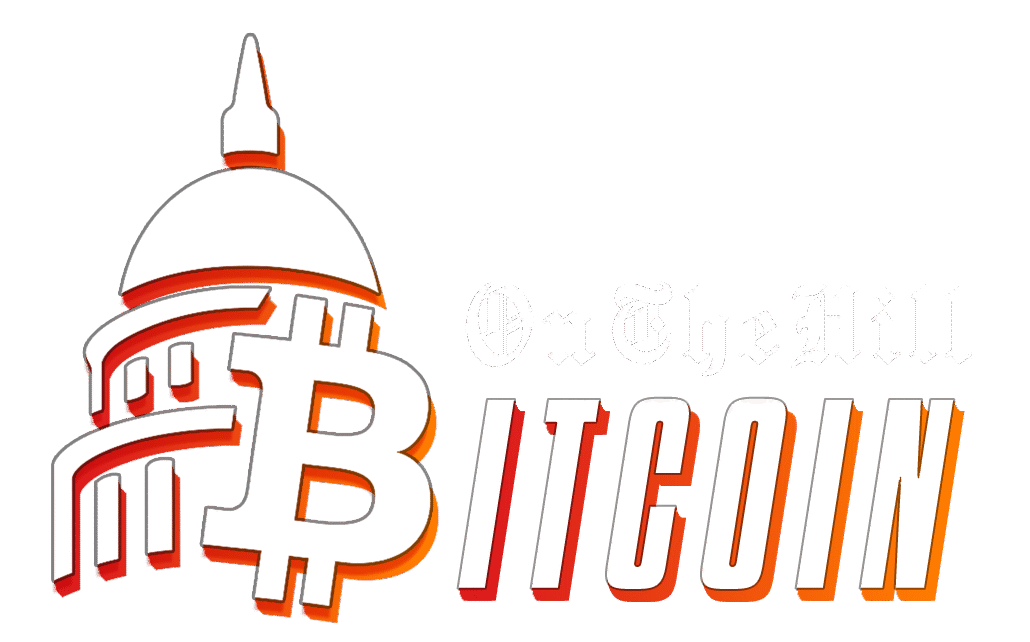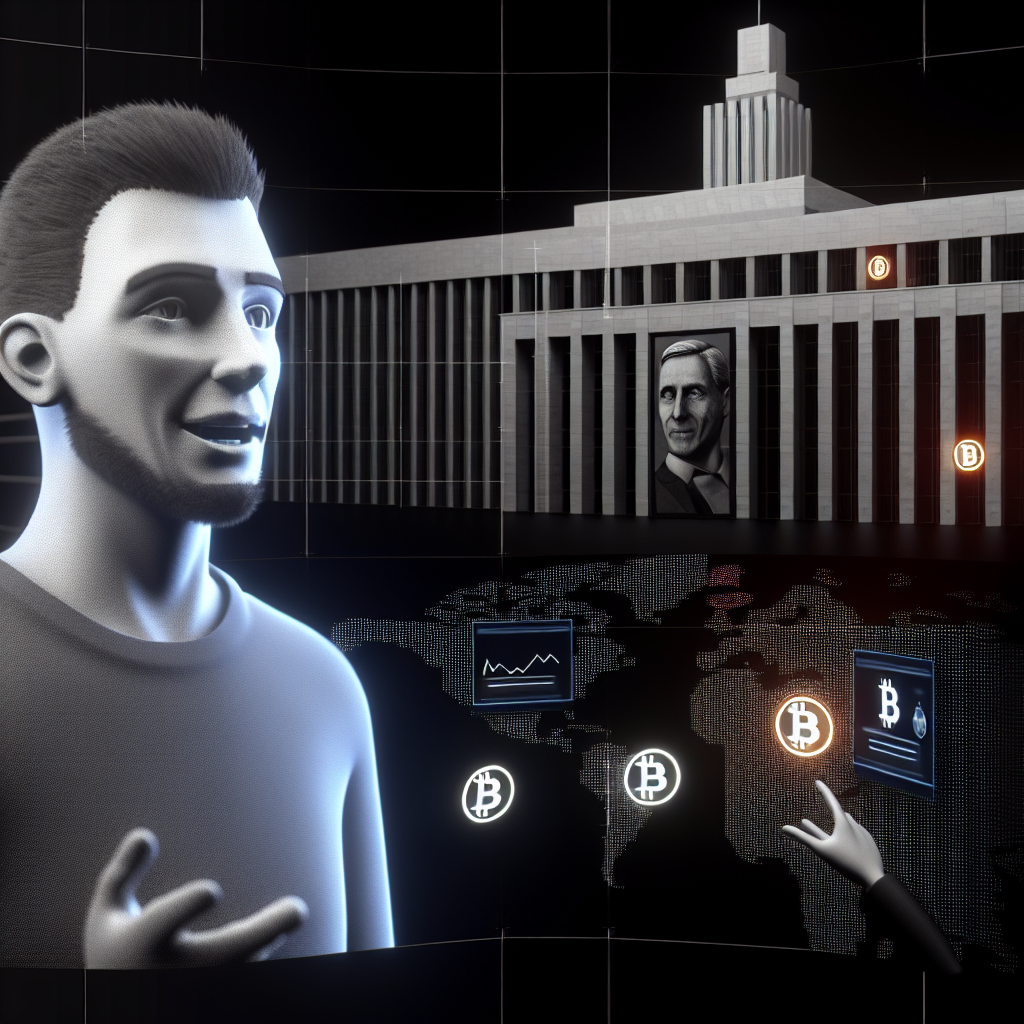
Fed Whispers Change—Here’s Why Young Voters Should Care
Ever feel like the economy is rigged against young people? Between skyrocketing rent, student loans piling up, and job markets that feel increasingly unstable, it’s a fair question. So when the Federal Reserve drops hints about possibly lowering interest rates soon, it’s not just something for stock market traders to care about—it’s a direct play on your future financial reality, your ability to build wealth, and even how you might vote in upcoming elections.
Rate Cuts: The Fed’s Game Plan for a Wobbly Job Market
This week, officials from the Federal Reserve—those unelected, suit-clad influencers who pull the levers of our entire economic system—finally admitted what a lot of us already sense: the labor market is on shaky ground. Board members Christopher Waller and John Williams basically said, Yeah, inflation is annoyingly stubborn, but people are struggling to find good jobs, and that’s a problem we can’t ignore.
Translation? They’re hinting that lower interest rates could be on the way. But why does that matter? When the Fed cuts rates, it makes borrowing money cheaper—for everything from student loans to business investments. For young people, that could mean lower monthly loan payments and potentially more job openings as companies feel bolder about hiring.
But it’s a double-edged sword: if rates fall, inflation might stick around longer. That means your dollar buys less, and your rent could keep creeping up. Which problem would you rather the Fed tackle: higher prices or fewer jobs? This is exactly the kind of economic fork-in-the-road moment that politics is all about.
How Does This Impact Your Paycheck, Rent, and Loans?
Let’s talk real-life impacts. Are you one of the millions staring down student loan payments each month? Or maybe you’re hustling for a decent apartment, only to find even basic rent is brutal. Here’s what the Fed’s rate talk could mean:
- Student loans: If the Fed does cut rates, private loan interest (and future federal loans if the rules change) might drop. That could lower your payments, freeing up cash for things you actually care about.
- Job prospects: Rate cuts often push companies to borrow more, invest, and, in theory, hire. Good news if you’re job hunting. But if inflation stays high, don’t expect your entry-level pay to go nearly as far as it should.
- Rent: Unfortunately, lower rates could keep fueling higher rent prices, especially if landlords and investors see more reason to borrow and bid up property values, making life harder for renters.
It’s no wonder that a recent Pew survey showed young adults are more anxious than ever about becoming financially independent. Economic policy may sound abstract, but it has one hand in your wallet and the other on your political consciousness.
Political Stakes: Will Rate Cuts Sway Young Voters in 2024?
Let’s zoom out: What do these monetary moves mean as the next election cycle kicks into gear? Both parties are pitching plans to fix the economy, but actions like a Fed rate cut force the issue—whose policies actually work for young voters?
Democrats often push for government support, like expanded student loan relief, stronger worker protections, and affordable housing efforts—many of which rely on low borrowing costs. Republicans tend to focus on fighting inflation first, arguing that stable prices offer everyone a better foundation, even if that means keeping interest rates high for now.
This isn’t just D.C. insider baseball. If the Fed moves towards cutting rates, politicians will scramble to claim credit or place blame. Expect rhetoric about “saving the job market for Gen Z” or “protecting your future buying power.” The question is: who’s offering real solutions—and who’s just spinning soundbites?
And don’t forget the rising chorus calling for alternatives to “business as usual” in finance, like bitcoin and other crypto options. Young voters are already leading the charge in digital finance as a tool for shaking up the old system. The Fed’s next move could push even more people to question: Is the current system working for me, or do we need real change?
Power in Your Pocket—Or at the Polls?
Look, the latest Fedspeak isn’t just some Wall Street headline. It’s a preview of how the people in charge will shape your economic future. As the cost of living keeps climbing and the path to financial stability feels more slippery than ever, just remember: these policy debates are happening in your name, but only if you make yourself heard.
So, as election season heats up, ask yourself: Who’s paying attention to my economic reality? Who’s fighting for my ability to pay rent, afford school, and get a job that actually pays the bills? The Fed takes its cues from the political climate, so don’t let your voice go unheard. Whether you’re fired up about crypto, passionate about student debt relief, or just sick of living paycheck to paycheck, now’s the time to turn economic anxiety into political action. Will you be a spectator or set the agenda?




